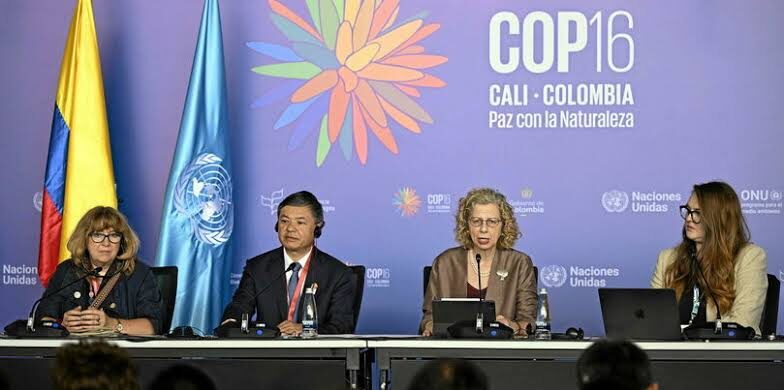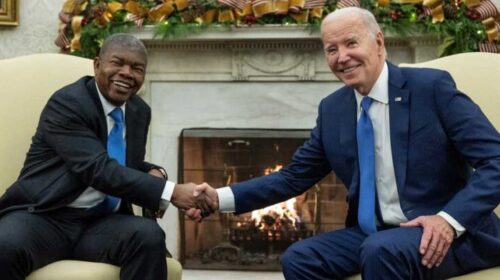COP16 Biodiversity Summit Ends Without Consensus on Funding for 2030 Roadmap
The COP16 biodiversity summit concluded on Saturday, November 2, 2024, without reaching a crucial agreement on financing the roadmap aimed at halting nature’s destruction by 2030. .
The negotiations, according to organizers, were abruptly paused when Susana Muhamad, the Colombian President of the UN summit, discovered that many delegates had left after an all-night plenary session, leaving her without the quorum necessary to proceed.
The conference was thus suspended before finalizing a financing strategy and a monitoring mechanism essential to enforcing commitments made in the 2022 Montreal Agreement on biodiversity preservation.
Despite the impasse, Susana Muhamad succeeded in securing notable decisions, including enhanced recognition for indigenous communities in biodiversity summits, a text acknowledging Afro-descendant contributions, and the establishment of a multilateral fund.
This fund is designed to allow developing nations to share in the profits generated by companies utilizing digitized genomes of native plants and animals.
In a lengthy 10-hour session that extended into the early hours of November 2, delegates finally tackled the contentious issue of scaling up global spending to $200 billion per year for biodiversity, including $30 billion in contributions from developed nations. Colombia proposed a new fund dedicated to biodiversity conservation, a suggestion met with resistance from wealthier countries reluctant to add another multilateral fund.
Brazil, a primary supporter of Colombia’s initiative, defended the proposal in response to objections from the European Union, Japan, and Canada, underscoring the continued polarization after nearly two weeks of deliberations in the Andes Mountains. Following Brazil’s statement, Panama requested a quorum check, confirming the lack of sufficient delegates, which led to the session’s suspension.
While COP16 made strides in advancing indigenous and Afro-descendant representation, the inability to reach a financial consensus underscores the significant challenges ahead in the global effort to safeguard biodiversity by 2030.
![]()





